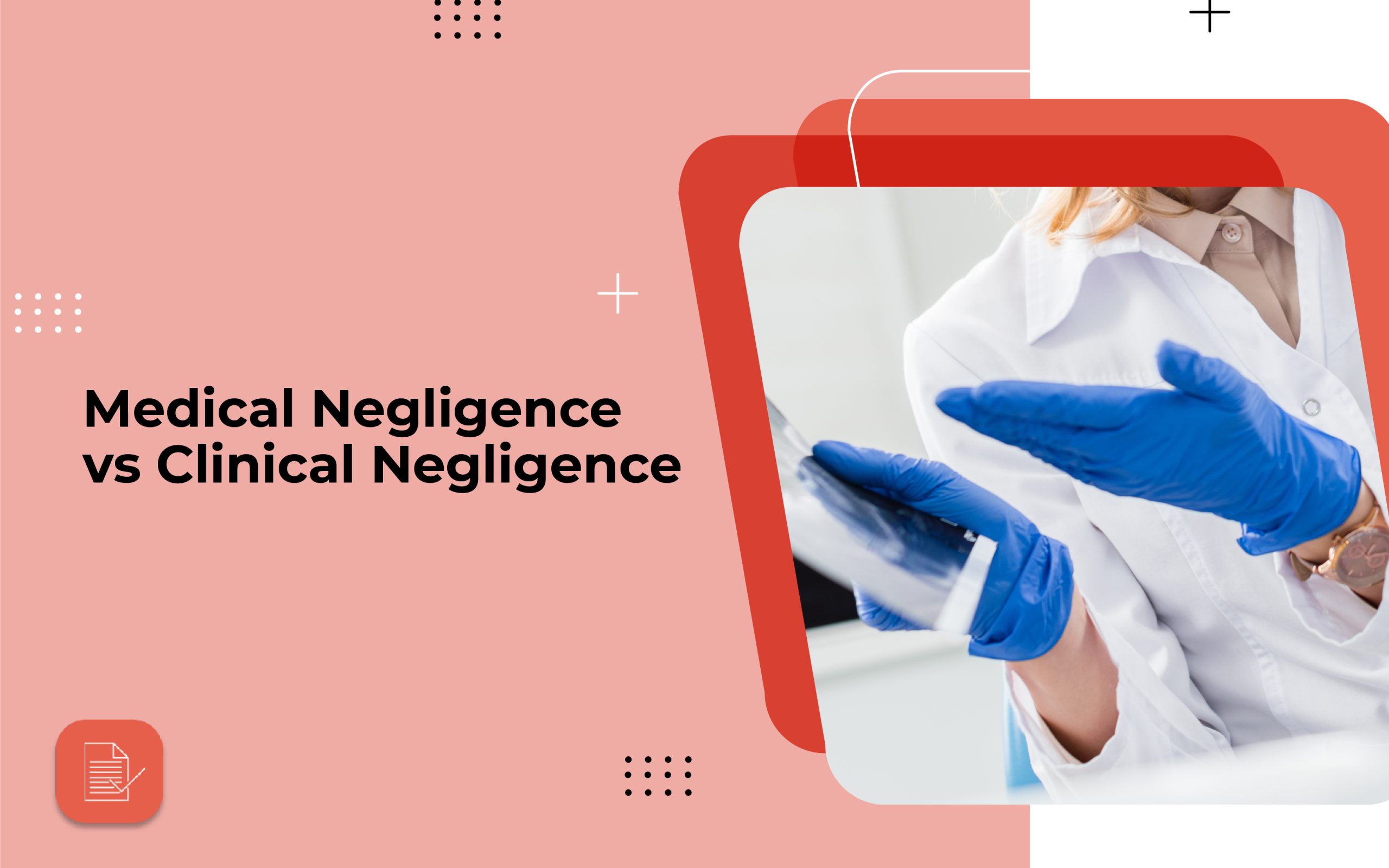In the intricate world of healthcare, the sanctity and efficacy of medical practice are foundational. Yet, beneath the surface of this noble profession, lies a shadowy domain where errors, oversight, and negligence reside. Clinical medical negligence, an area often shrouded in complexity and legal jargon, demands a closer examination to understand its ramifications on patients, healthcare professionals, and the broader medical system.
The Nature of Clinical Medical Negligence
Clinical medical negligence occurs when a healthcare professional provides care that deviates from the accepted standards, resulting in harm or injury to the patient. This lapse can manifest through misdiagnosis, surgical errors, incorrect medication, or inadequate patient care, among others. Understanding the multifaceted nature of these incidents requires a thorough investigation into the standards of care, the duty owed to patients, and the breach of this duty.
The Impact on Patients: Clinical Medical Negligence
The consequences of medical negligence on patients are profound. Beyond the immediate physical harm, the emotional and psychological toll can be debilitating. Victims often face a prolonged recovery, financial strain due to additional medical bills, and a loss of trust in the healthcare system. The journey toward healing and justice can be arduous, as patients navigate the complex process of seeking accountability and redress.
Challenges in Healthcare Professional Accountability
Holding healthcare professionals accountable for negligence is fraught with challenges. The legal processes involved are intricate, requiring expert testimonies and extensive evidence to prove negligence. Moreover, the culture within the medical community often emphasizes solidarity, making it difficult to confront and address errors. The fear of litigation and the potential impact on professional reputation further complicate the willingness to acknowledge and learn from mistakes.
Clinical Medical Negligence: Legal and Ethical Considerations
The legal framework governing medical negligence is designed to balance the rights of patients with the realities of medical practice. Ethical considerations play a crucial role, emphasizing the principles of autonomy, justice, beneficence, and non-maleficence. Legal recourse for victims includes compensation for damages, but the process often underscores the need for systemic changes to prevent future incidents.
Towards a Culture of Safety and Learning
Addressing clinical medical negligence requires a shift towards a culture of safety and continuous learning within the healthcare system. Implementing comprehensive risk management strategies, fostering open communication about errors, and promoting ongoing education for healthcare professionals are critical steps. Encouraging a non-punitive approach to reporting and analyzing mistakes can lead to valuable insights and improvements in patient care.
Conclusion
“Unveiling the Shadows: A Deep Dive into Clinical Medical Negligence” underscores the urgent need to confront and address the underbelly of healthcare practice. By understanding the complexities of negligence, advocating for the rights of victims, and striving for a safer healthcare environment, we can aspire to a future where such incidents are not just managed but prevented. The path forward demands a collective effort from healthcare professionals, legal systems, and society at large to illuminate the shadows and ensure the highest standards of medical care for all.

